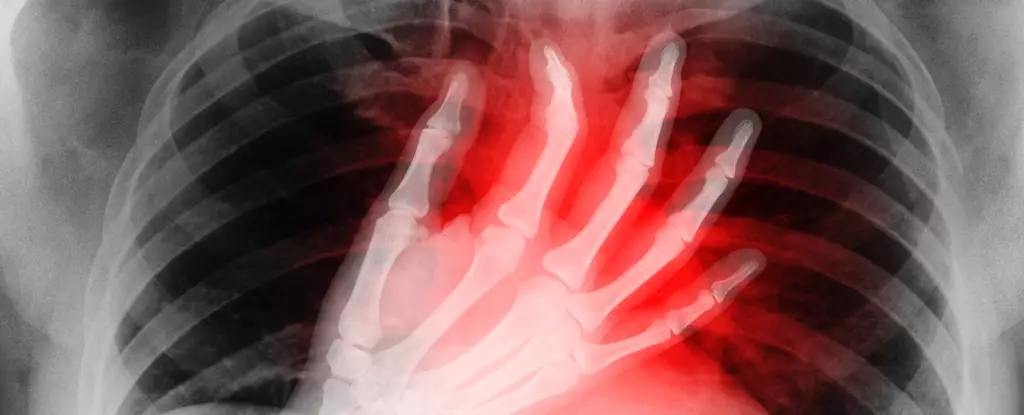As the festive season approaches, the landscape of social gatherings transforms into a whirlwind of celebrations, feasting, and often, excessive drinking. While these joyful occasions are meant to bring people together, they can sometimes lead to alarming health consequences. A condition commonly referred to as “holiday heart” is on the rise during this time, characterized by irregular heartbeats triggered by excessive alcohol consumption. This article delves into the causes, implications, and prevention strategies related to holiday heart syndrome.
The Phenomenon of Holiday Heart
Known medically as alcohol-induced atrial arrhythmia, holiday heart syndrome is a health phenomenon that is typically observed during the peak of holiday celebrations. After indulging in festivities that encourage heavy drinking, many individuals find themselves experiencing a range of unsettling symptoms, such as rapid heart rates, palpitations, dizziness, or shortness of breath. These symptoms often lead to visits to emergency rooms where physicians diagnose this irregular heartbeat phenomenon.
The term “holiday heart” stems from the notion that these occurrences are not just seasonal anomalies, but rather signify a documented pattern of health issues related to alcohol consumption during celebratory periods. Since its initial description in the 1970s, medical understanding of this condition has expanded, emphasizing the need for public awareness and preventive measures.
Biological Mechanisms Behind Irregular Heartbeats
Alcohol can impact the cardiovascular system in several detrimental ways, influencing not just the heart but also the blood vessels and the nervous system. The consumption of alcohol may lead to dehydration—a common consequence of excessive drinking—which, in turn, can trigger inflammation and disrupt the electrical signals that regulate heartbeats. Irregularities can manifest in various forms, ranging from minor flutters to more severe complications.
In some cases, individuals may experience symptoms severe enough to necessitate emergency medical attention, leading to further evaluation through procedures like electrocardiograms (ECGs). Health professionals utilize these tests to monitor the heart’s rhythm patterns, focusing particularly on specific waves that indicate normal or abnormal electrical activity within the heart.
The process of diagnosing holiday heart syndrome begins with an evaluation of the patient’s medical history and presentation of symptoms. Doctors will generally proceed with non-invasive tests, such as an ECG, to visualize the heart’s electrical activity. Often, blood tests are also conducted to determine levels of essential minerals and to assess liver and kidney function.
These examinations are crucial not just for diagnosing holiday heart, but for ruling out other potential complications such as atrial fibrillation, which may necessitate more rigorous treatment approaches. Left unchecked, atrial fibrillation can lead to serious consequences, including an elevated risk of stroke and heart failure, making it essential for individuals experiencing symptoms to seek medical advice promptly.
Although there are no absolute guarantees regarding the number of intoxicating beverages that might trigger holiday heart, preventative measures can be adopted to mitigate the risk. Public health guidelines suggest that individuals should limit alcohol intake to ten standard drinks per week, with no more than four servings on any given day.
Additionally, hydration plays a critical role in safeguarding heart health. Drinking water between alcoholic beverages can help combat dehydration. Beyond hydration, it is crucial for individuals to manage stress levels, maintain regular physical activity, and adhere to a balanced diet. These lifestyle interventions contribute not only to reducing the risk of holiday heart, but also promote overall heart health irrespective of alcohol consumption.
As families and friends gather to celebrate during the holiday season, the allure of drinks can overshadow the potential health risks associated with excessive alcohol consumption. Recognizing the signs of holiday heart syndrome, understanding its underlying causes, and adopting preventive strategies are essential steps every individual can take to ensure a healthier festive season.
Ultimately, with mindful consumption and proactive health management, it is possible to enjoy the festivities while maintaining a vigilant approach towards safeguarding one’s heart. As we revel in the season’s joy, let us prioritize our health and well-being as top of our holiday wish lists.

